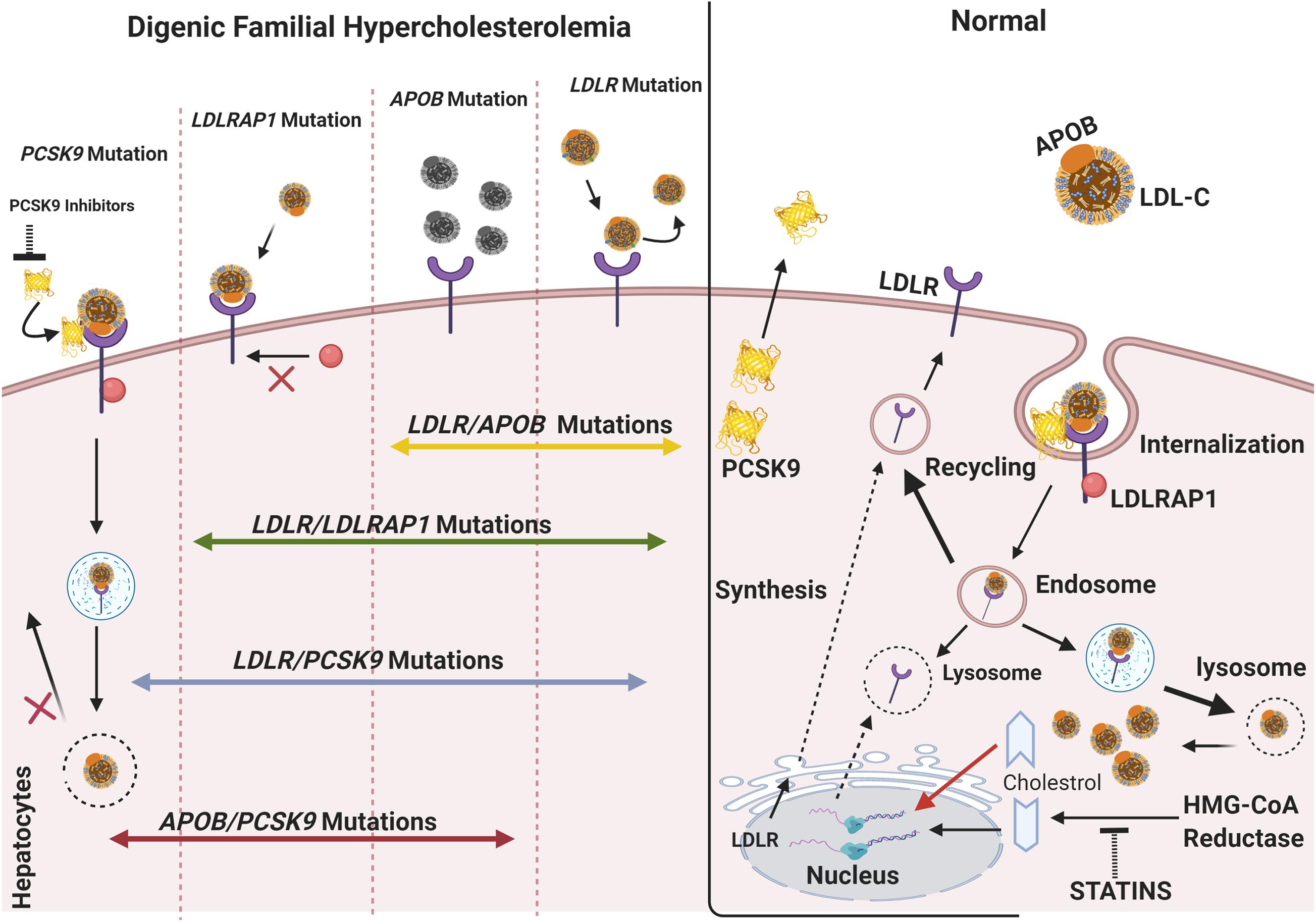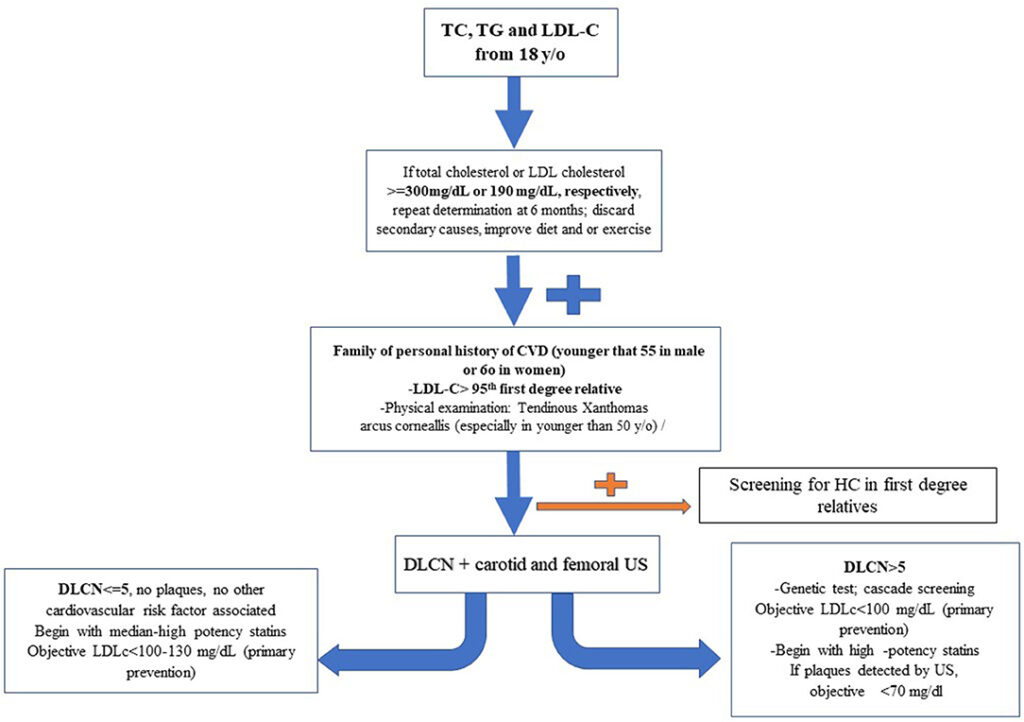High cholesterol, also known as hypercholesterolemia, is a condition that affects millions of people worldwide. It occurs when there is an excessive amount of cholesterol in the blood, which can lead to serious health complications if left untreated. Cholesterol is a waxy substance found in the fats within the blood and is essential for building healthy cells. However, when levels become too high, it poses significant risks to cardiovascular health. In this article, we will explore the causes, effects, and management strategies for this common yet potentially dangerous condition.

What is Cholesterol?
Cholesterol is a type of lipid or fat that is produced by the liver and is also found in certain foods. It plays a vital role in various bodily functions, including the production of hormones, vitamin D, and substances that help digest food. There are two main types of cholesterol: low-density lipoprotein and high-density lipoprotein. Low-density lipoprotein is often referred to as “bad” cholesterol because it can build up in the walls of arteries, leading to blockages. High-density lipoprotein, on the other hand, is considered “good” cholesterol because it helps remove excess cholesterol from the bloodstream.
The Role of Cholesterol in the Body
- Hormone Production: Cholesterol is a precursor to many hormones, including estrogen and testosterone.
- Cell Membrane Structure: It provides stability and fluidity to cell membranes.
- Digestion: Cholesterol is used to produce bile acids, which aid in the digestion of fats.
Causes of High Cholesterol
Several factors contribute to elevated cholesterol levels. Understanding these causes can help individuals take proactive steps to manage their health effectively.
Unhealthy Diet
A diet high in saturated fats and trans fats is one of the primary contributors to elevated cholesterol levels. Foods such as red meat, full-fat dairy products, fried foods, and baked goods can increase the amount of low-density lipoprotein in the blood. Consuming excessive amounts of cholesterol-rich foods, like eggs and organ meats, may also play a role.
Lack of Physical Activity
Regular physical activity helps boost high-density lipoprotein levels while lowering low-density lipoprotein levels. A sedentary lifestyle, on the other hand, can lead to weight gain and reduced high-density lipoprotein, both of which contribute to high cholesterol.
Genetic Factors
Some individuals inherit a condition known as familial hypercholesterolemia, which causes extremely high levels of cholesterol due to genetic mutations. This condition makes it difficult for the body to remove low-density lipoprotein from the blood, leading to an increased risk of heart disease at a young age.
Obesity
Excess body weight is closely linked to high cholesterol levels. Obesity often leads to higher levels of low-density lipoprotein and triglycerides, another type of fat in the blood, while reducing high-density lipoprotein levels.
Smoking
Smoking damages the walls of blood vessels, making them more prone to accumulating fatty deposits. It also lowers high-density lipoprotein levels, further increasing the risk of developing high cholesterol and related complications.
Age and Gender
As people age, their cholesterol levels tend to rise. Women typically experience an increase in cholesterol after menopause, while men are more likely to develop high cholesterol earlier in life.
Effects of High Cholesterol
When cholesterol levels remain elevated over time, they can have severe consequences for overall health. The most significant impact is on the cardiovascular system, but other areas of the body can also be affected.
Increased Risk of Heart Disease
One of the most well-known effects of high cholesterol is its contribution to heart disease. When low-density lipoprotein accumulates in the arteries, it forms plaques that narrow and harden the blood vessels. This condition, known as atherosclerosis, restricts blood flow to the heart and increases the risk of heart attacks and strokes.
Peripheral Artery Disease
High cholesterol can also affect blood vessels outside the heart, leading to peripheral artery disease. This condition occurs when plaque buildup reduces blood flow to the limbs, causing pain, numbness, and even tissue damage.
Pancreatitis
Elevated levels of triglycerides, often associated with high cholesterol, can lead to inflammation of the pancreas, a condition known as pancreatitis. This can cause severe abdominal pain, nausea, and vomiting.
Impact on Mental Health
Emerging research suggests a potential link between high cholesterol and mental health issues such as depression and cognitive decline. While the exact mechanisms are not fully understood, maintaining balanced cholesterol levels may support brain health.
Management Strategies for High Cholesterol
Managing high cholesterol involves a combination of lifestyle changes, medications, and regular monitoring. By adopting healthier habits and working closely with healthcare providers, individuals can significantly reduce their risk of complications.
Dietary Modifications
A heart-healthy diet is one of the most effective ways to manage cholesterol levels. Key dietary recommendations include:
- Increase Fiber Intake: Foods rich in soluble fiber, such as oats, beans, and fruits, can help lower low-density lipoprotein levels.
- Choose Healthy Fats: Replace saturated and trans fats with unsaturated fats found in olive oil, avocados, and nuts.
- Limit Cholesterol-Rich Foods: Reduce consumption of foods high in cholesterol, such as shellfish and egg yolks.
- Incorporate Omega-3 Fatty Acids: Found in fatty fish like salmon and mackerel, omega-3s can improve heart health.
Regular Exercise
Engaging in regular physical activity is crucial for maintaining healthy cholesterol levels. Aim for at least 150 minutes of moderate-intensity exercise per week, such as brisk walking, cycling, or swimming. Strength training exercises can also be beneficial.
Weight Management
Losing excess weight can have a significant impact on cholesterol levels. Even a modest weight loss of 5-10% can improve low-density lipoprotein and high-density lipoprotein levels. Combining a healthy diet with regular exercise is the most effective approach to achieving and maintaining a healthy weight.
Quit Smoking
Quitting smoking can improve high-density lipoprotein levels and reduce the risk of heart disease. Support programs, nicotine replacement therapies, and counseling can help individuals successfully quit smoking.
Medications
In some cases, lifestyle changes alone may not be enough to manage cholesterol levels. Healthcare providers may prescribe medications such as statins, bile acid sequestrants, or cholesterol absorption inhibitors to help lower cholesterol. These medications work by reducing the production or absorption of cholesterol in the body.
Regular Monitoring
Regular check-ups with a healthcare provider are essential for monitoring cholesterol levels and assessing the effectiveness of management strategies. Blood tests, known as lipid panels, measure total cholesterol, low-density lipoprotein, high-density lipoprotein, and triglyceride levels.
Preventive Measures
Taking preventive measures can help reduce the risk of developing high cholesterol and its associated complications. Some key strategies include:
- Educate Yourself: Learn about the risks and symptoms of high cholesterol to stay informed.
- Adopt Healthy Habits Early: Start practicing a heart-healthy lifestyle at a young age to prevent future problems.
- Know Your Family History: Be aware of any genetic predispositions to high cholesterol and discuss them with your doctor.
- Manage Stress: Chronic stress can negatively impact cholesterol levels, so finding healthy ways to cope is important.
Conclusion
High cholesterol is a manageable condition that requires a proactive approach to maintain overall health. By understanding its causes, recognizing its effects, and implementing effective management strategies, individuals can significantly reduce their risk of complications. Regular communication with healthcare providers and a commitment to healthy living are essential components of successfully managing cholesterol levels.





